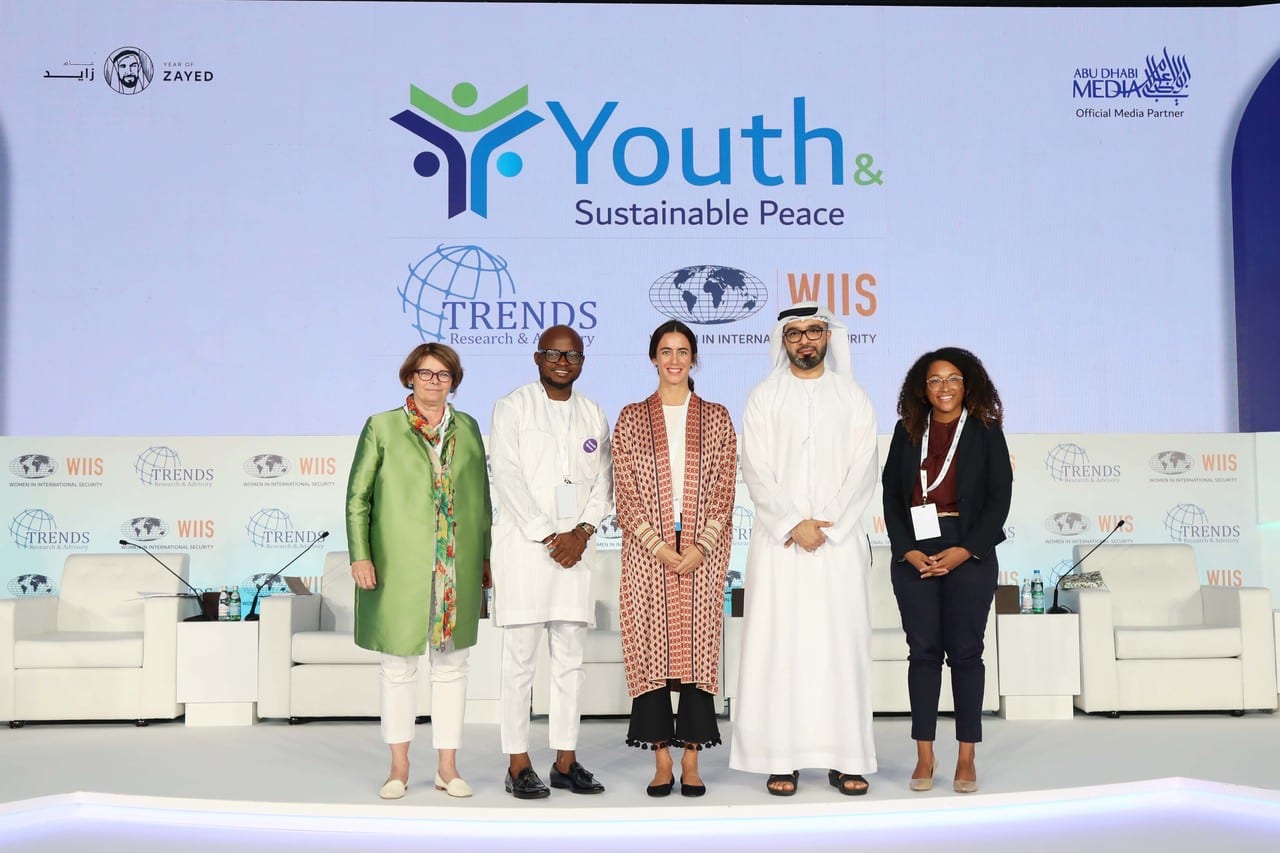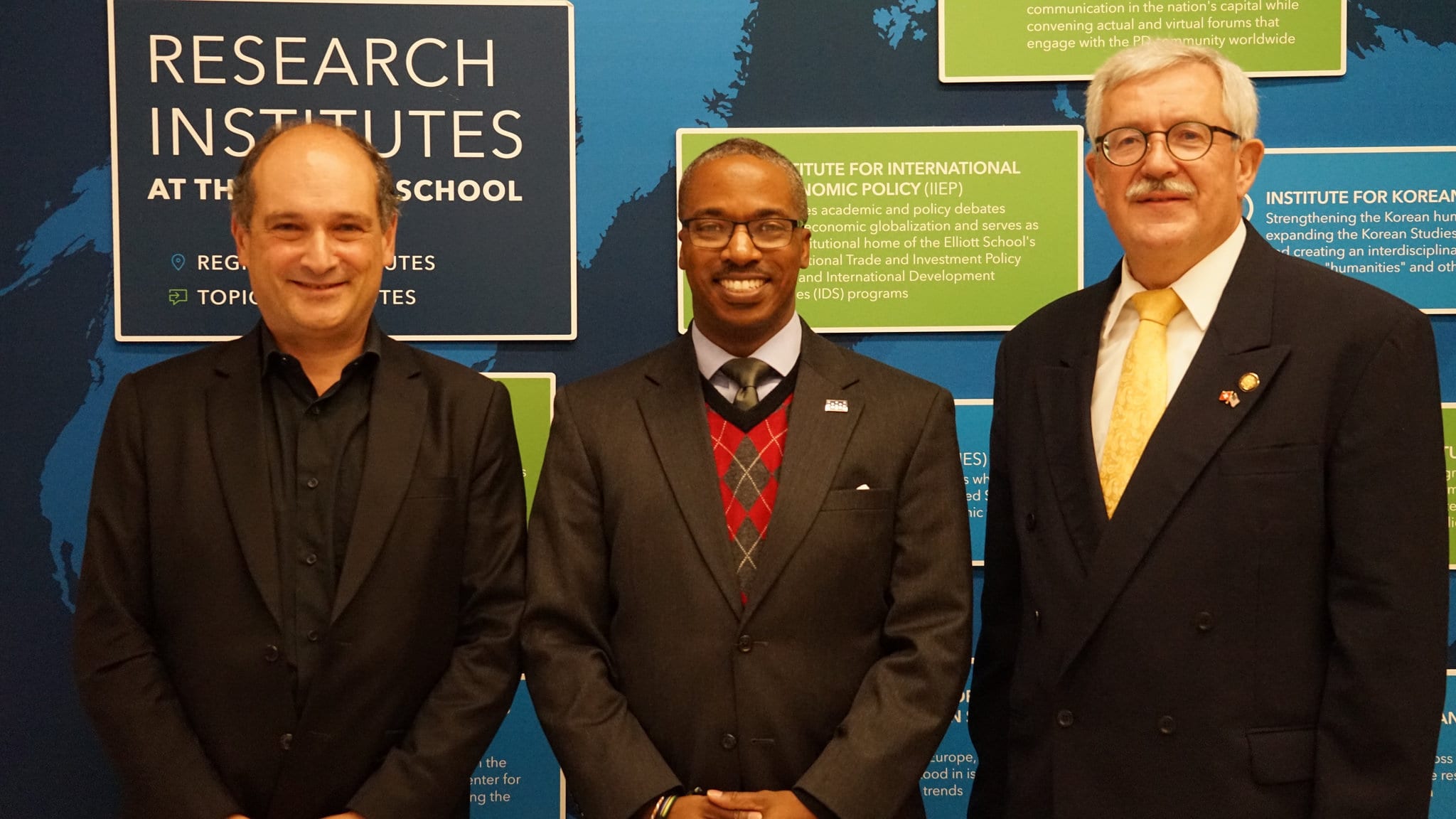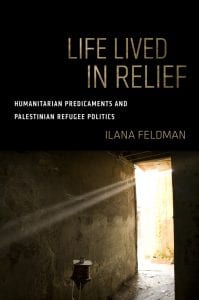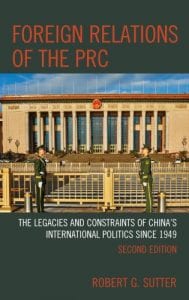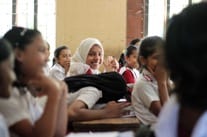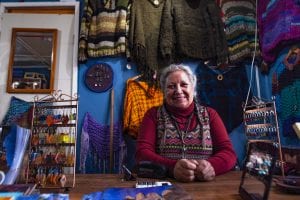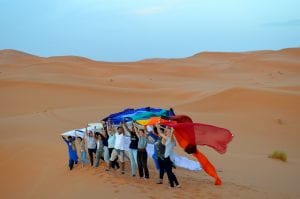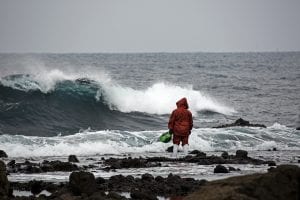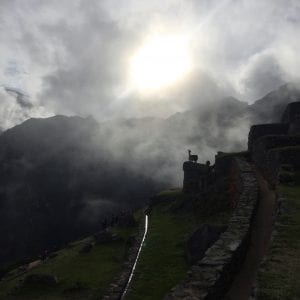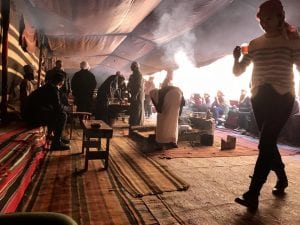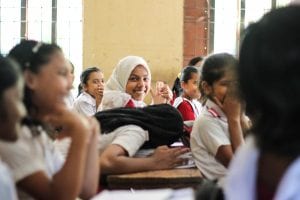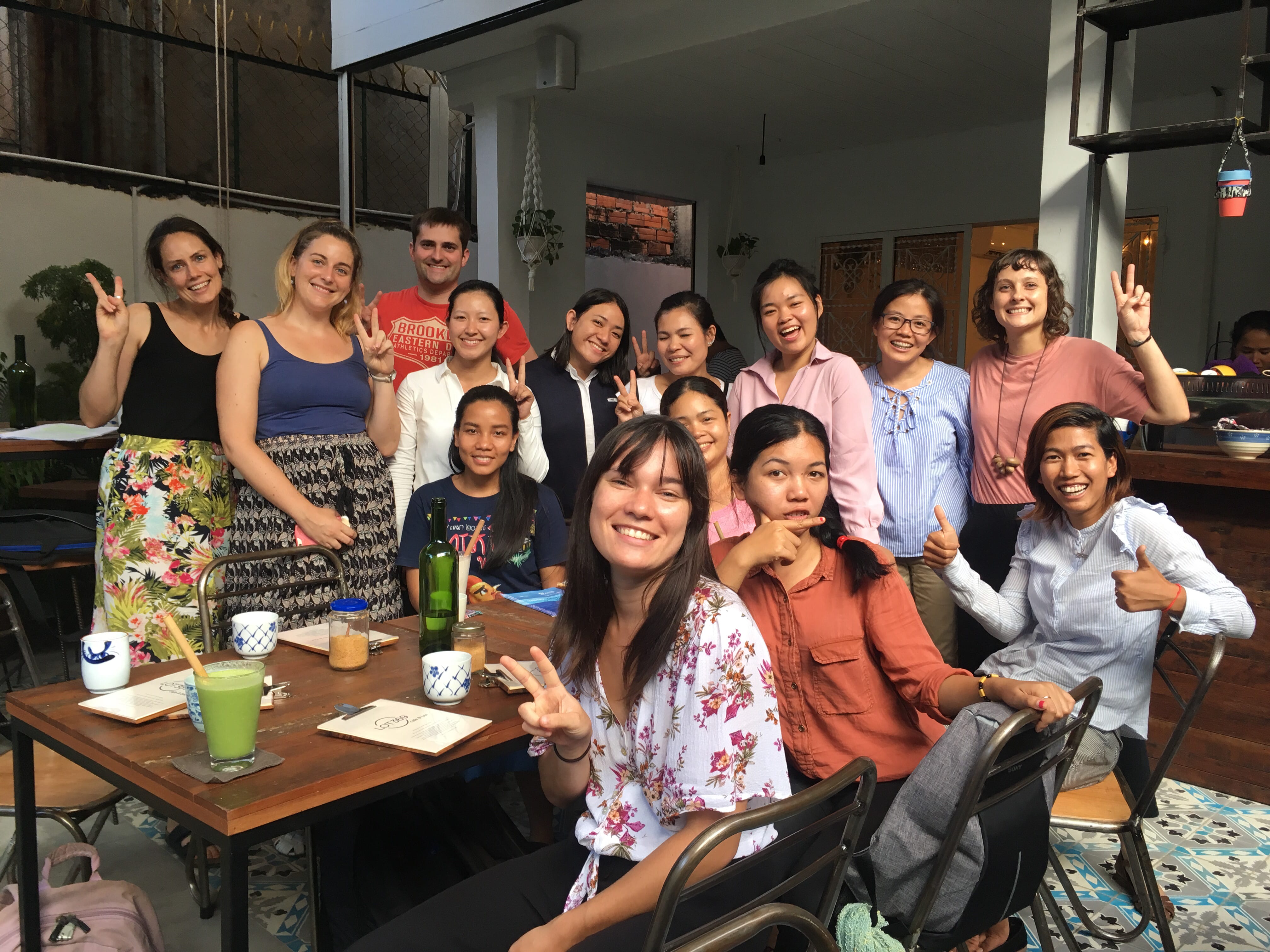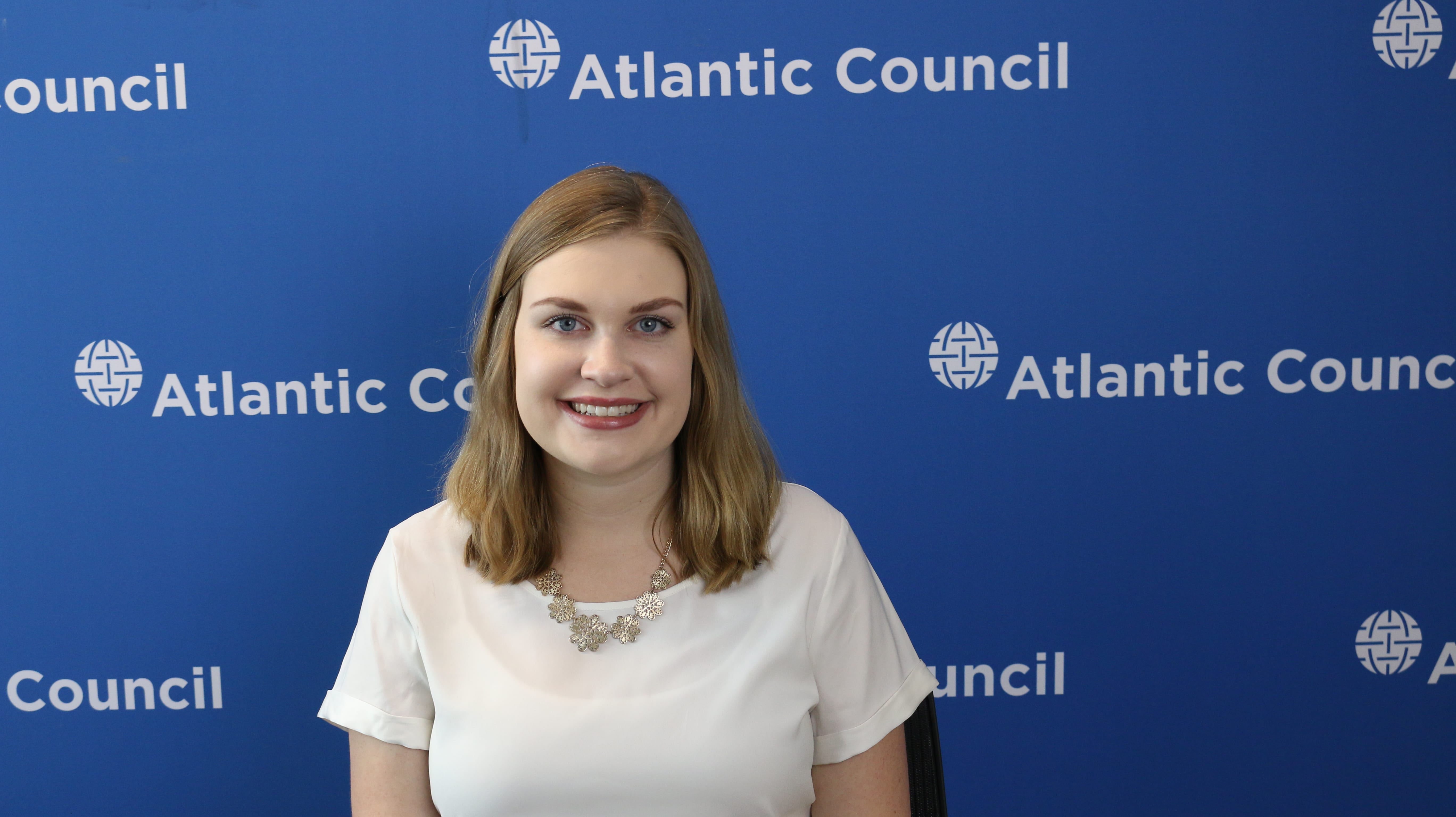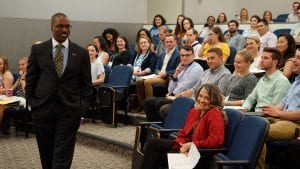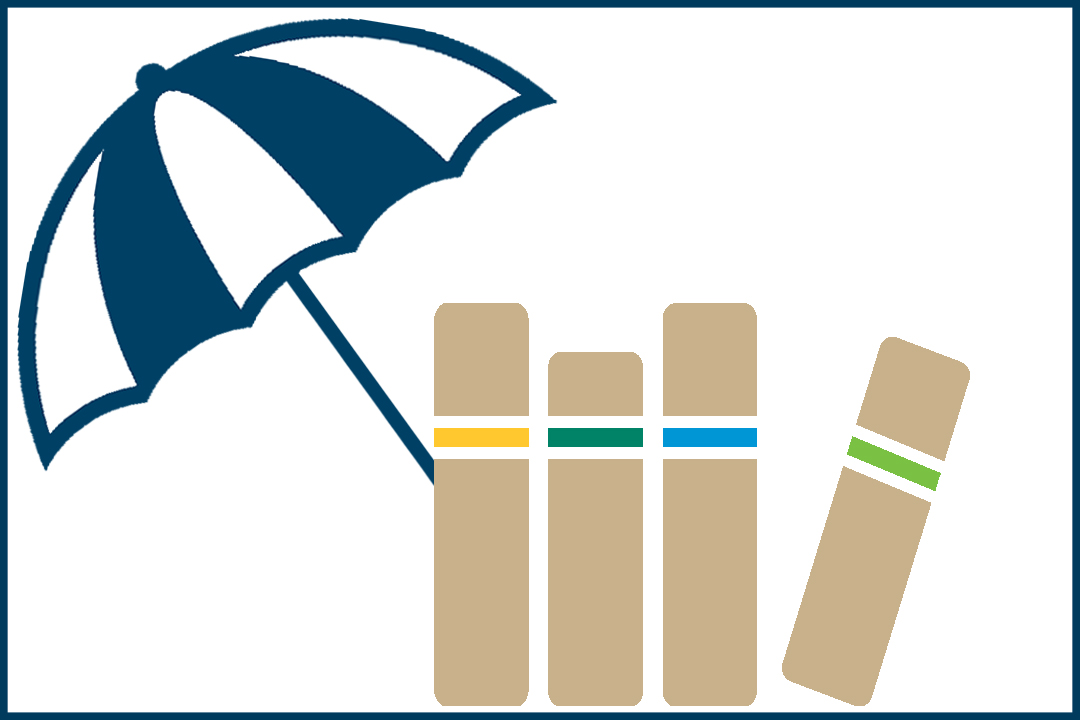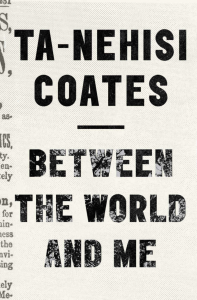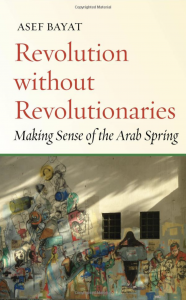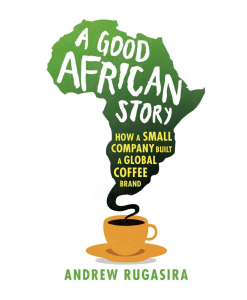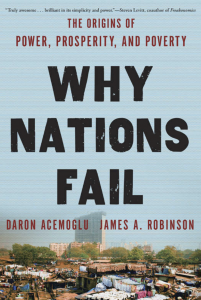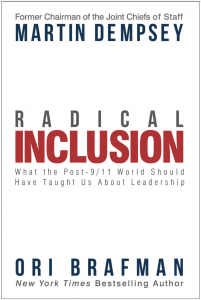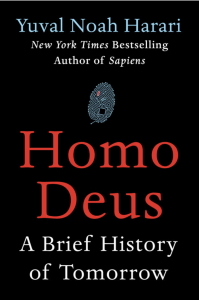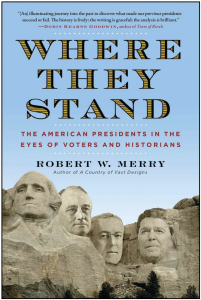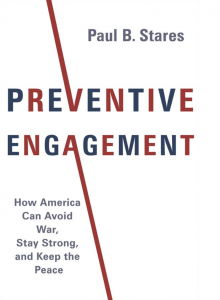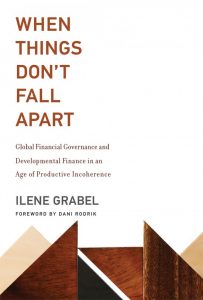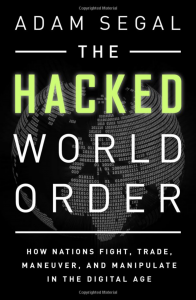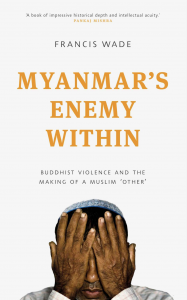 Senior Nadia Crevecoeur said she was both honored and humbled to be part of a recent conference in Abu Dhabi to share her research on how young people can support peacebuilding efforts.
Senior Nadia Crevecoeur said she was both honored and humbled to be part of a recent conference in Abu Dhabi to share her research on how young people can support peacebuilding efforts.
Crevecoeur is set to graduate in May from the Elliott School with a B.A. in international affairs and concentration in conflict resolution. Her involvement at the Youth and Sustainable Peace conference came through her work as a senior program assistant at Women In International Security (WIIS), which helped organize the event in partnership with TRENDS Research & Advisory.
Crevecoeur said she had been helping write a policy brief at WIIS on the Youth, Peace and Security agenda when her boss asked if she could participate in the October conference. She said she was both “elated and very nervous” to join.
“I’m just extremely honored and privileged to be at that conference and to have my voice heard, and [I’m] humbled by the other speakers,” she said.
At the event, Crevecoeur participated both as a panelist and forum participant. During the “Youth, Gender and Peace” panel, she spoke about how young women can contribute in peacebuilding efforts and how they can sometimes be left out of the decision-making process due to their age and gender.
Crevecoeur also participated in a forum with nine others, all under the age of 33, to talk about the UN Youth Strategy, Fifth Priority Peace and resilience building. She said it “was like a conversation with friends” and that they all still talk via group messaging chats.
Crevecoeur’s favorite conference memory was when she and other participants were doing a soundcheck and they were joking they should open up their own think tank.
“I thought that was really funny, and then I looked around the room and thought, “Wow! We probably could!” she said. “It was a cute memory, but it was really empowering because that was the point of the conference, to empower young people. And it was good because we looked around the room and thought, “Wait, we could actually do this.”
A first generation Haitian American, Crevecoeur grew up in Churchill, Maryland. She is the co-founding president of March On the Campus, a GW student group formed following the 2017 Women’s March, and is the president of Delta Phi Epsilon, a professional foreign service sorority.

